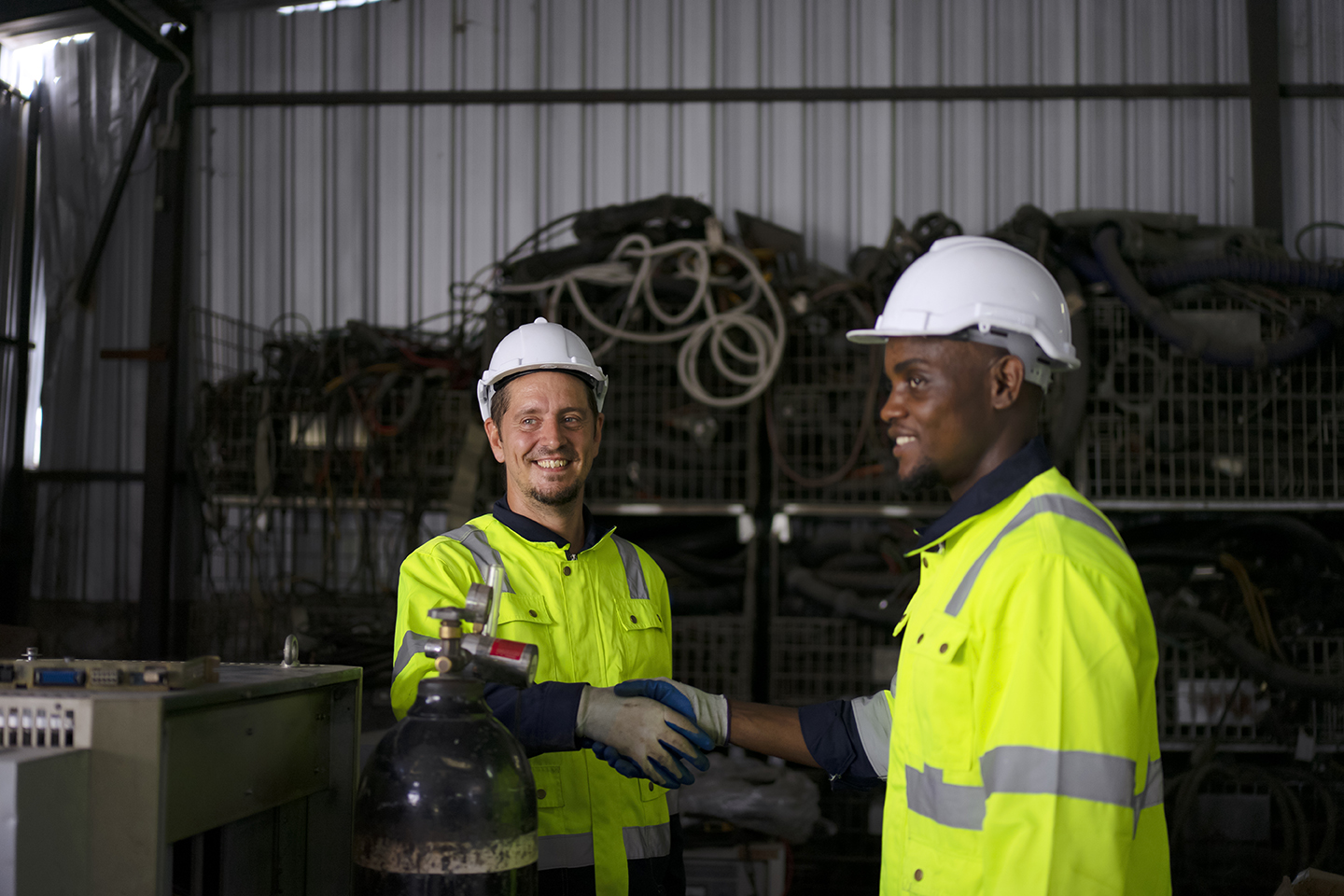As electric vehicles (EVs), smartphones, and energy storage systems become more essential to everyday life, the demand for critical battery materials—like lithium, cobalt, and nickel—is surging. But there’s a little-known byproduct that holds the key to meeting this demand sustainably and securely: black mass.
Black mass is the dark, powdery mixture that remains after lithium-ion batteries are mechanically shredded at the end of their life cycle. It contains concentrated amounts of the essential metals used in new batteries: lithium, cobalt, nickel, manganese, and graphite. Once considered a waste product, black mass is now recognized as one of the most valuable sources of domestic battery material—especially when processed right here in the United States.
Rather than sending black mass overseas for refining—a process that can be costly, time-consuming, and geopolitically risky—American Li-ion is transforming it into high-purity cathode and anode materials at our Oklahoma-based facilities. Using Green Li-ion’s patented modular recycling technology, we’re able to process unsorted black mass into 99% pure pCAM (pre-cathode active material)—ready for American manufacturers to use in new battery production.
This not only closes the loop on battery waste but also strengthens U.S. energy independence by reducing reliance on foreign supply chains. As the U.S. Department of Energy notes, reclaiming materials from spent batteries is key to creating a resilient, secure battery ecosystem.
At American Li-ion, we believe black mass isn’t just recycled material—it’s a strategic asset. By refining it domestically, we’re turning waste into opportunity, creating high-paying jobs, and helping America take control of its battery future.



